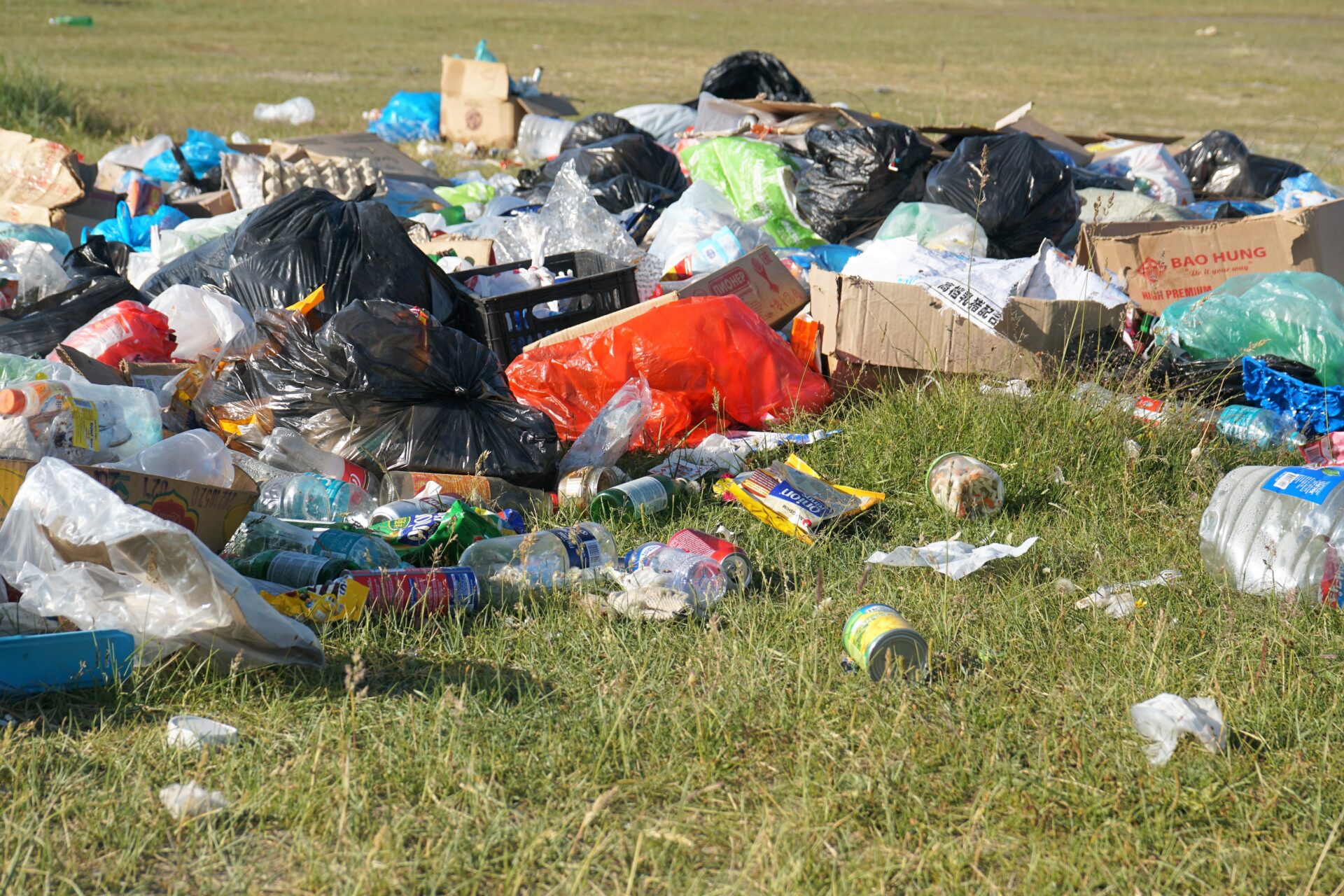How can I protect my environment for local wildlife like curlews?
Most of us try to ensure we minimise our impact on the world around us, not only to sustain a healthy planet for the next generation, but also to protect precious wildlife. Here, we cover a few easy ways you can adapt your lifestyle to look after our environment so that it looks after curlews.
Reduce Greenhouse Gas Emissions
Greenhouse gases like carbon and methane cause the atmosphere to heat up, leading to detrimental changes in weather patterns, and harming the ecosystems and habitats of many animals. In 2021, for instance, climate change likely contributed to the early-season rainfall which caused many curlew breeding attempts to fail.
Large businesses are responsible for most greenhouse gas emissions, so the first step is to support sustainable business, but there are also loads of good ways to reduce your personal ‘carbon footprint’, including taking public transport rather than driving, heating your home less during the winter and swapping fast fashion for second-hand clothes.
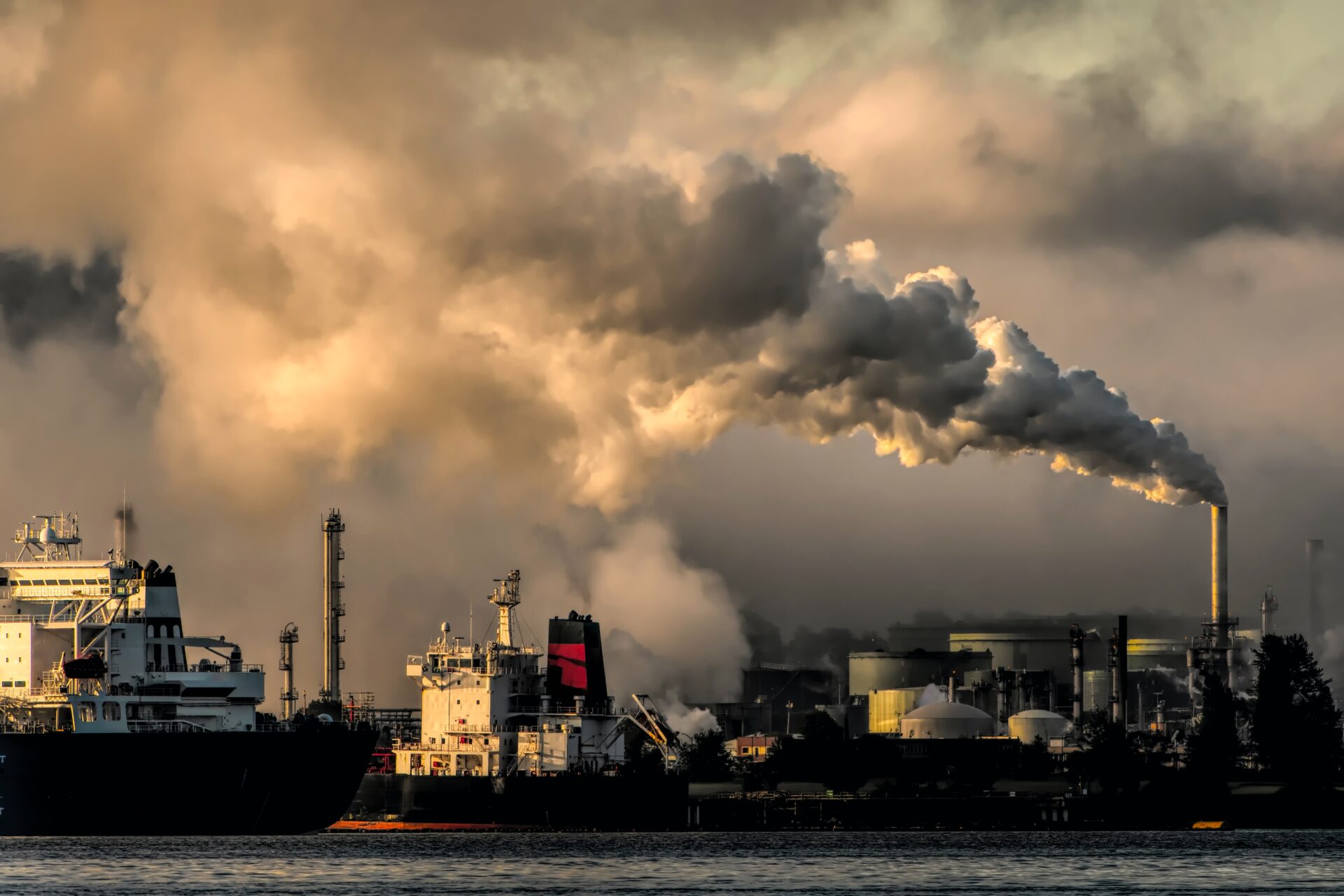
Support Sustainable, Responsible Farming
The UK’s curlews very often breed on farmland, meaning we need our farmers to be careful stewards of their land in order for curlews to survive and thrive.
Since farming in a sustainable and responsible way is hard work, and often provides only slim profit margins, we must support these farmers wherever we can. Research where your food comes from, and where possible eat less (and better) meat and shop locally and seasonally. As well as reducing your carbon footprint, this will make your food cheaper, fresher and much more delicious!
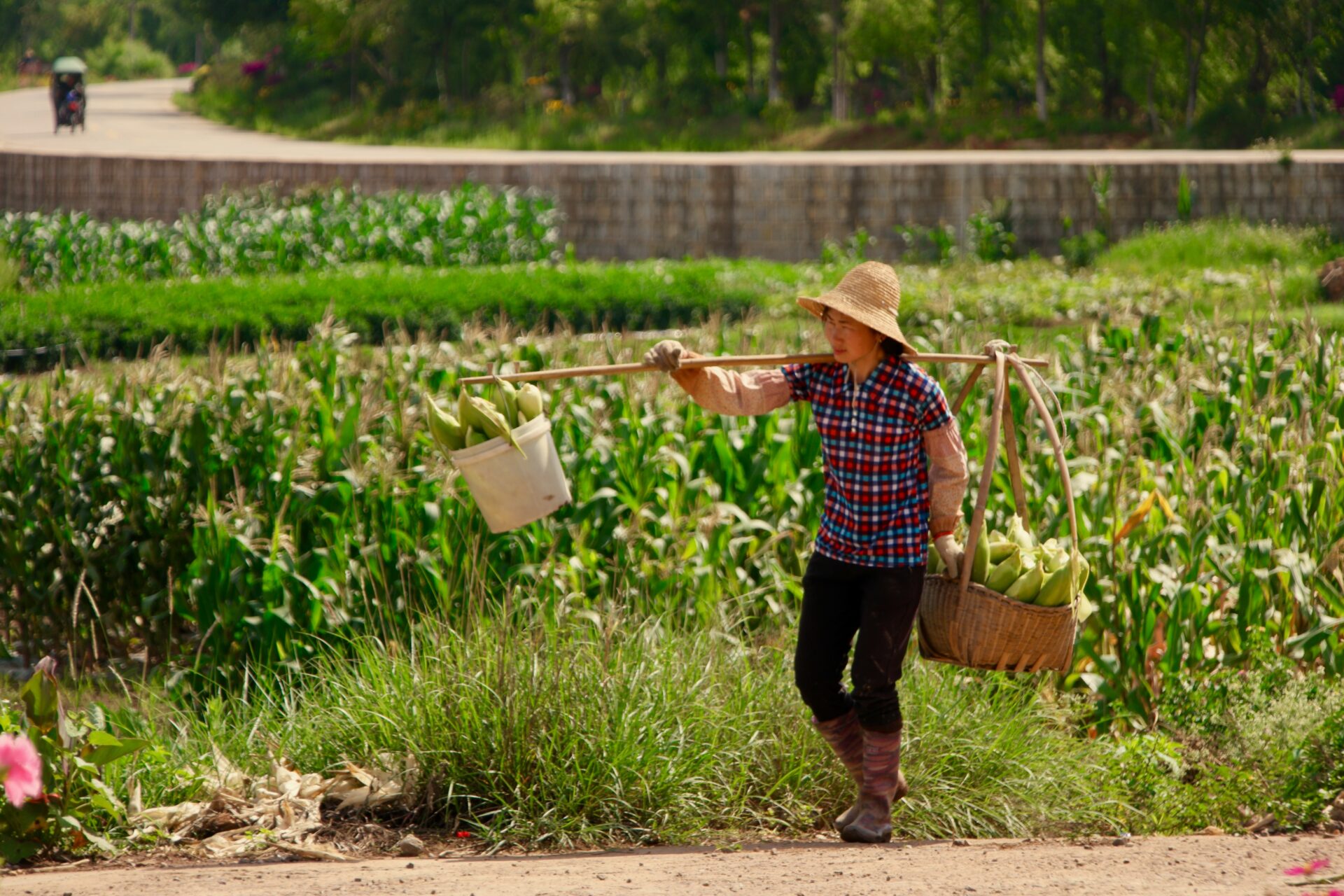
Buy Peat-Free Compost
Industries which destroy peat bogs, like the compost industry, are contributing not only to the destruction of curlews' habitats, but also to the release of greenhouse gases in the form of the carbon stored in the peat.
Although the UK government is banning the sale of horticultural peat in England and Wales by 2024, neither the curlews, nor the environment, can afford to wait for politics. You can use your consumer power to bring this change forward, by asking for peat-free products when you shop. Or if you've got the space, make compost yourself using food and plant waste!
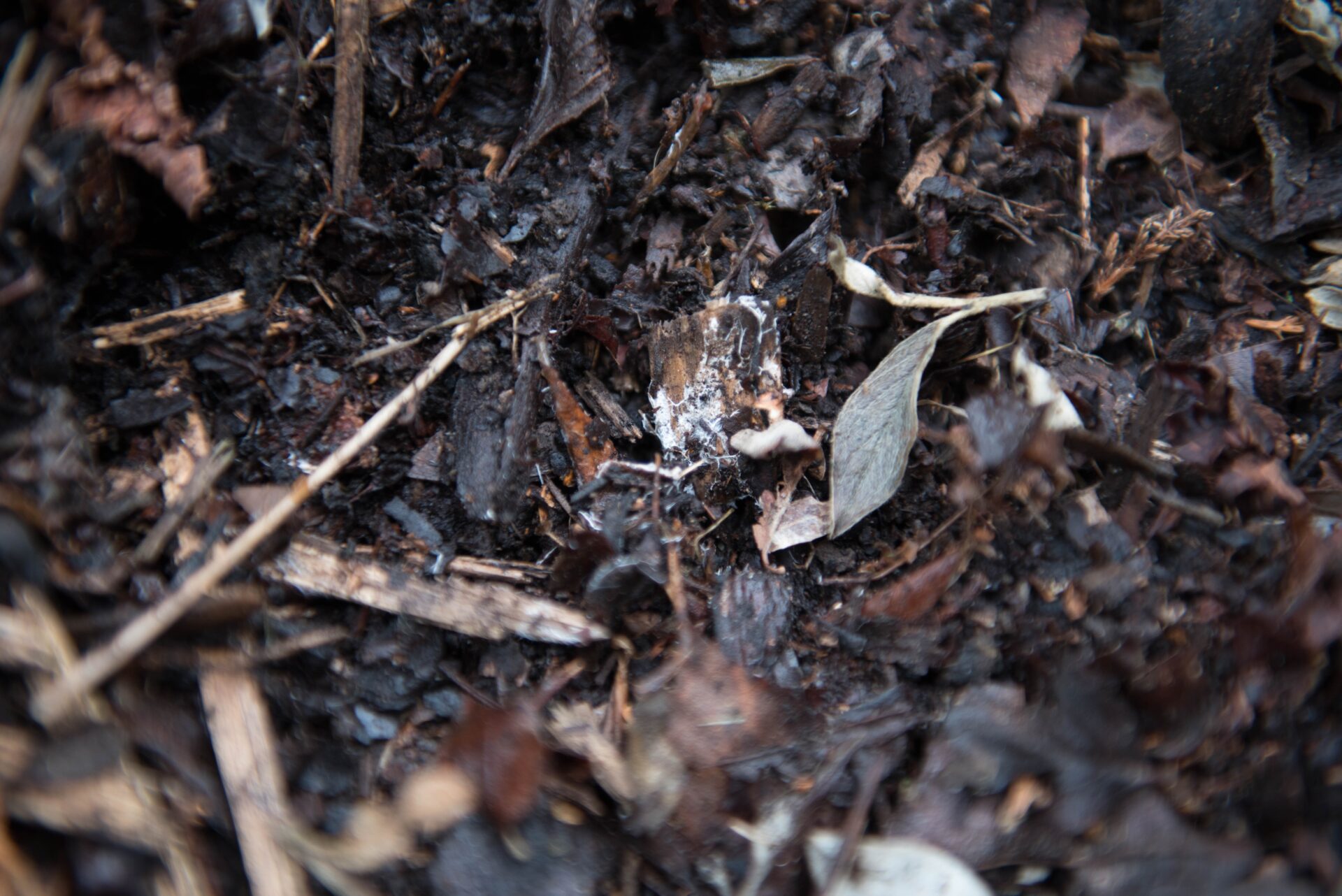
Support Local Rewilding Projects
Many of the problems facing curlews are caused by humans. Rewilding lets animals and plants shape their own landscape, giving them back the autonomy we have too often taken from them. When balanced with other responsible forms of land use, this is a fantastic way to generate greater biodiversity, and to store more carbon in the soil and vegetation.
You could support rewilding by learning more about the practice, donating to a local project, or if you have some land you can spare, you could even give it a go yourself. The Rewilding Network has lots of information and support available if you would like to get involved.
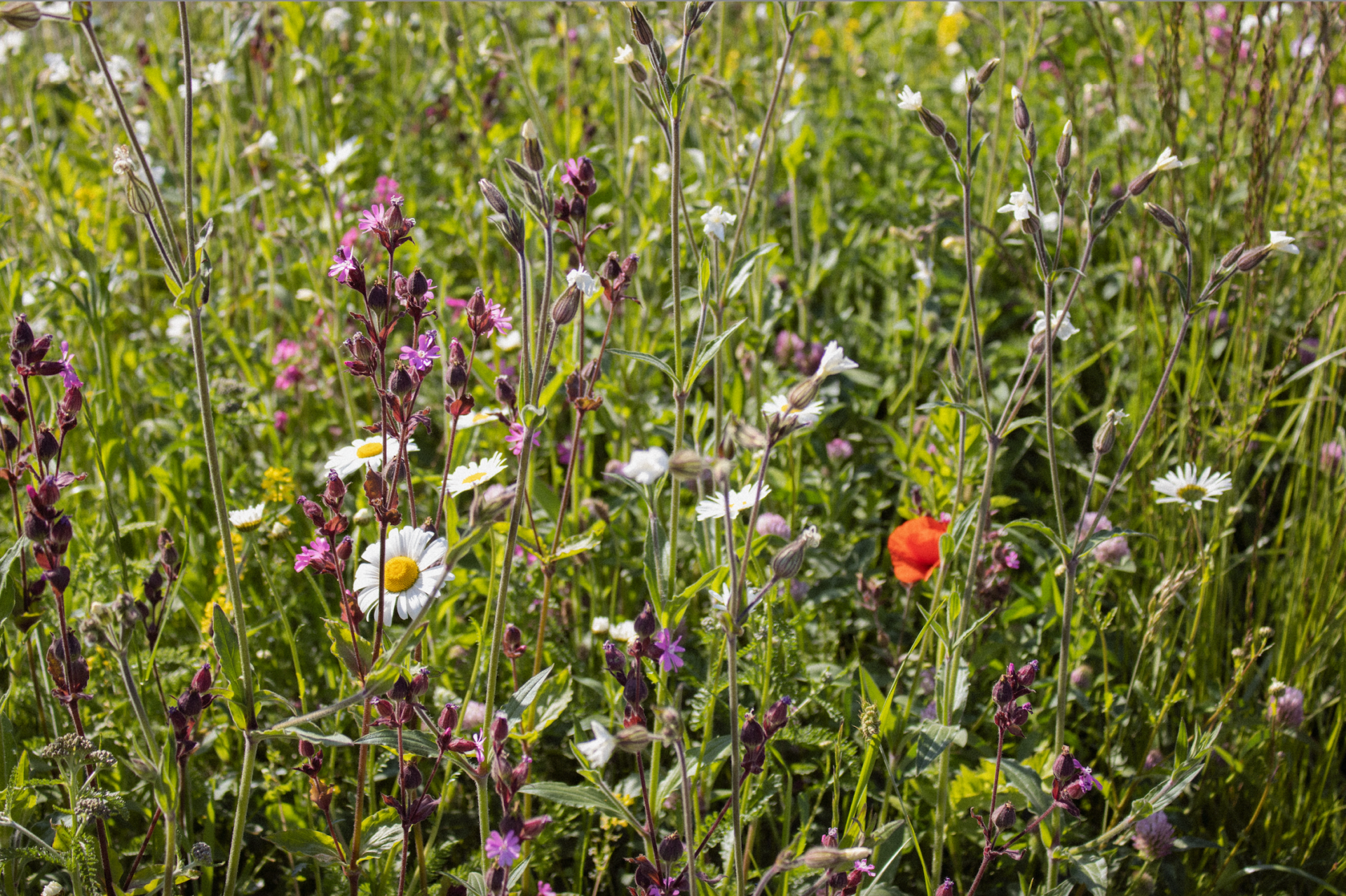
Reduce Non-biodegradable Waste
Non-biodegradable waste in nature causes big problems. Not only do large waste products cause injury to small animals, potentially trapping or cutting them, but microplastics are also an issue, with their concentration in fish and shorebirds increasing quickly. These particles are able to make their way up the food chain, spreading pollutants among vulnerable species like the curlew.
Although much of our waste comes from industry, there are steps we can take to reduce our household waste output. Try to buy things with biodegradable packaging or in refillable containers, and where this isn’t possible, reuse your plastic and metal waste. When you are going out in nature, it's a good idea to carry a rubbish bag so you can pick up any litter you find.
